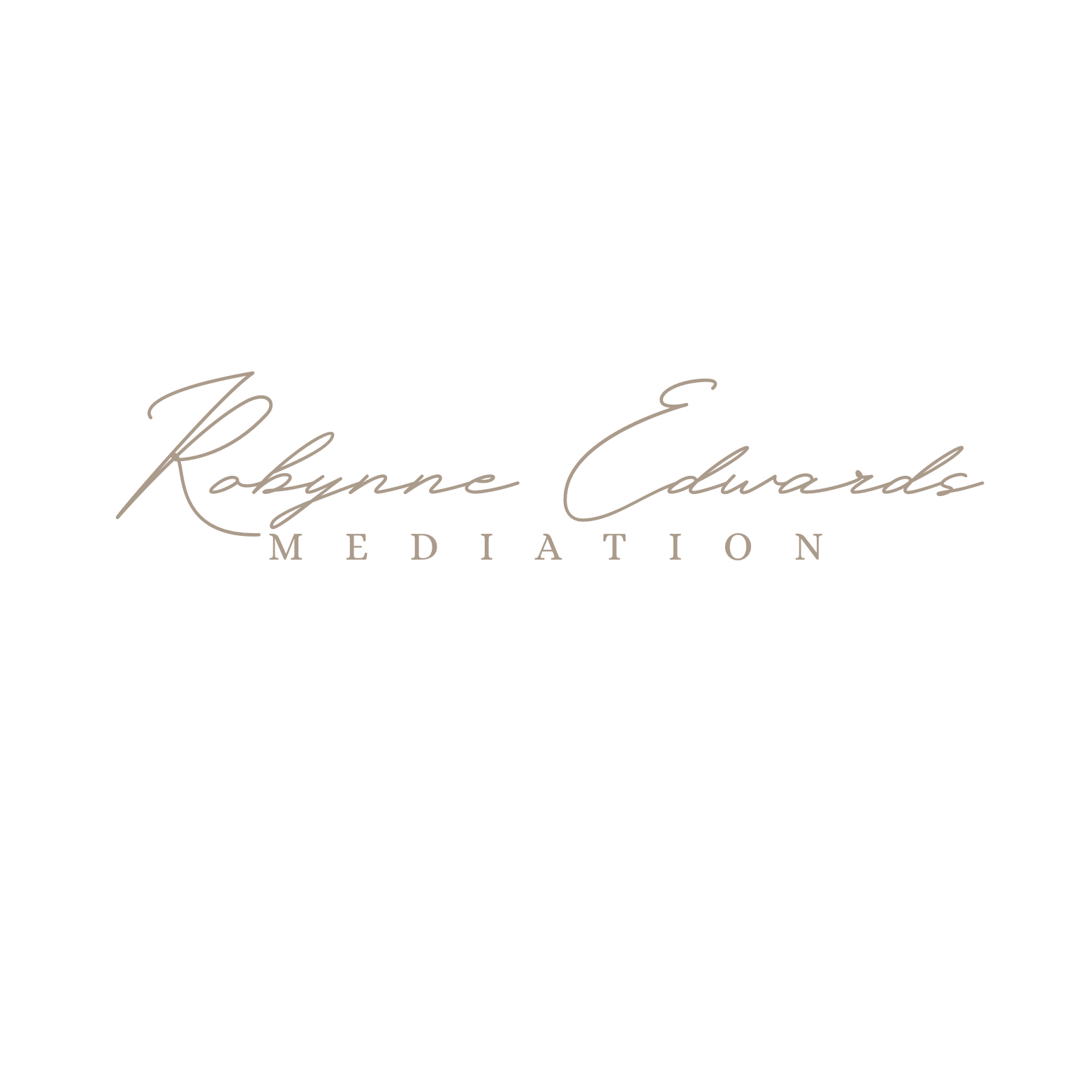Conflict in the workplace is inevitable. Whether it’s a clash of personalities, misunderstandings between management and staff, or friction over roles and responsibilities, unresolved tension can damage productivity, morale, and team cohesion.
In South Africa’s diverse and complex employment environment, where communication styles, cultural backgrounds, and economic pressures intersect, effective employee conflict resolution is critical. Fortunately, workplace mediation offers a constructive, cost-effective way to manage disputes before they spiral into grievances, litigation, or resignations.
What Is Workplace Mediation?
Workplace mediation is a voluntary, confidential process in which a neutral third-party mediator helps employees and employers work through their differences and reach a mutually acceptable resolution. It’s not about deciding who is right or wrong — it’s about restoring working relationships and preventing further conflict.
Unlike disciplinary hearings or formal arbitration, mediation is informal and collaborative. It empowers individuals to speak openly, be heard, and co-create solutions that suit their specific context.
Why Workplace Mediation Works in South Africa
South African workplaces are subject to the Labour Relations Act 66 of 1995 (LRA), which encourages alternative dispute resolution methods such as mediation and conciliation through the CCMA and bargaining councils. While statutory mediation usually applies to union and labour disputes, private or internal workplace mediation can address a wider range of interpersonal issues — before they become legal matters.
Some of the common workplace disputes addressed through mediation include:
- Personality clashes or communication breakdowns
- Bullying, harassment, or hostile work environments
- Disputes between managers and subordinates
- Conflicts between team members or departments
- Return-to-work plans after extended leave or medical issues
- Changes in role expectations or performance issues
Mediation allows employers to resolve issues proactively, legally, and humanely — often in a single day.
Benefits of Employee Conflict Resolution Through Mediation
The benefits of workplace mediation extend to both the organisation and the employees involved:
- Confidentiality – Unlike formal HR proceedings or CCMA referrals, mediation is private
- Voluntary and non-adversarial – Encourages participation without fear of judgment or retaliation
- Cost-effective – Avoids legal fees, reputational damage, and staff turnover costs
- Faster resolution – Sessions are typically arranged within days, not weeks or months
- Preserves working relationships – A neutral setting enables productive dialogue
- Legally compliant – Mediation supports fair labour practice under South African law
Choosing the Right Mediator
In South Africa, workplace mediators often come from HR, legal, or psychology backgrounds. The most effective mediators are skilled in both conflict resolution and the labour law context, ensuring the process aligns with South African workplace regulations and values.
Whether you choose to use an internal mediator, an external workplace mediator, or a service provider specialising in employee conflict resolution, neutrality, cultural competence, and confidentiality are key.
Final Thoughts
Workplace conflict doesn’t have to lead to dismissals, resignations, or court action. With the right tools and timing, workplace mediation can transform friction into progress and help South African businesses foster more inclusive, resilient, and productive teams.
If you’re an employer or HR professional seeking to resolve disputes while protecting your company’s culture and legal standing, mediation might be the missing link in your conflict management strategy.

